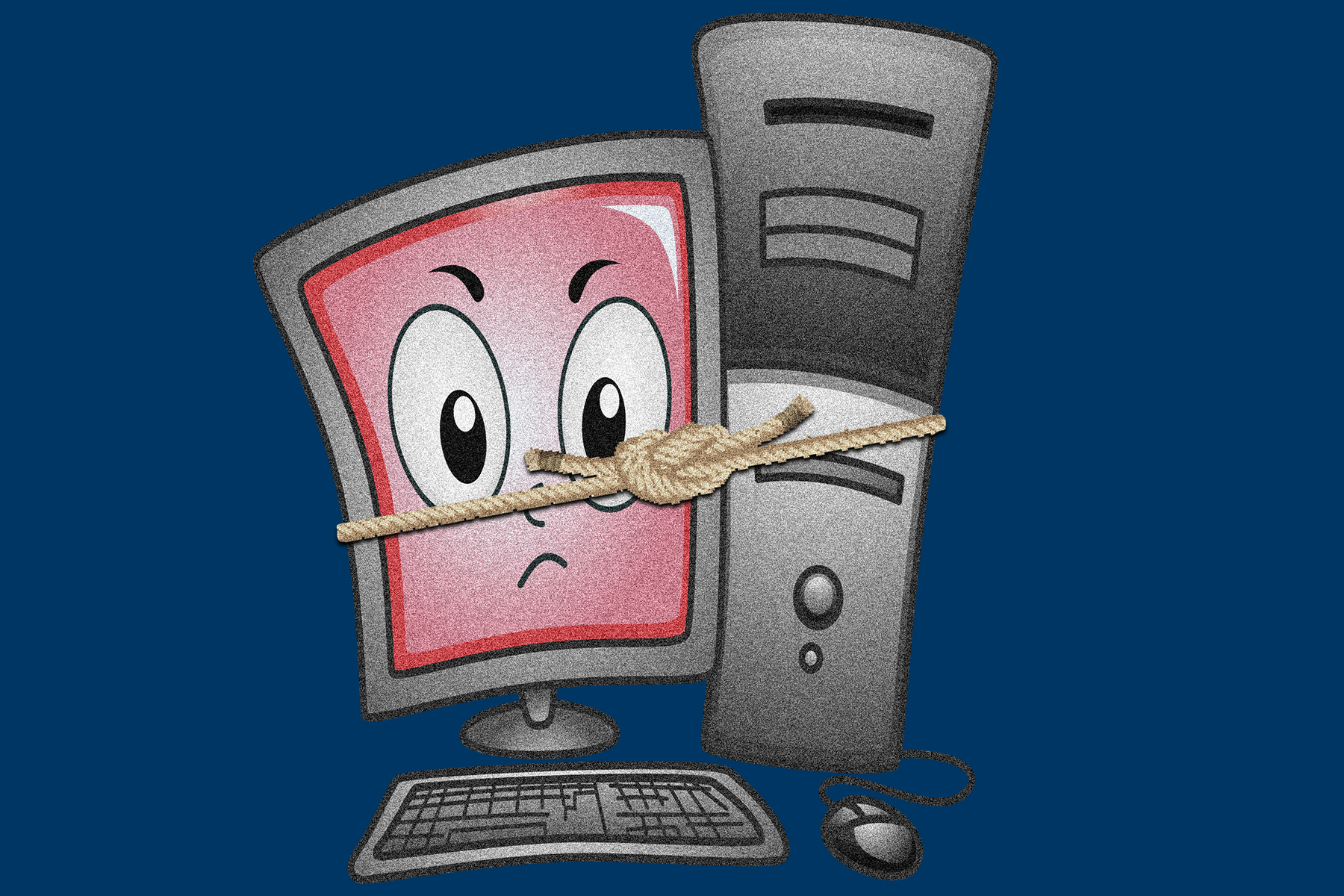Between new campus development and corporate relocations, Dallas-Fort Worth has gained a reputation as a hot market for expanding businesses. It has lured the attention of companies including JPMorgan Chase, Liberty Mutual, State Farm, and a doozy of a win, Toyota Motor North America—all of which have set up new campuses in the region.
And that’s just in recent years.
The moves have been widely viewed as a major boon for the region, as freshly planted corporations create thousands of new jobs, attract complementary businesses, and put the DFW business community in the national spotlight. And, while economic development experts welcome continued big wins like these, their impact could tighten an already strapped tech-talent market.
As DFW companies of all stripes have ramped up technical capabilities, employers’ demands for tech workers have been growing organically. Add a new layer of demand from each new campus or freshly relocated company—each with its own growing tech demands—and the hunt for qualified tech workers becomes even more challenging. While this demand for tech talent is squeezing markets across the nation, DFW is especially hard hit by not producing the tech workers it needs to fill new jobs, researchers say. And good tech jobs are going unfilled.
“We found that Dallas was not educating enough students with a tech degree,” says Colin Yasukochi, director of research and analysis at CBRE, who co-authored a report that analyzed tech talent across the nation’s largest 50 markets. “So the tech workforce that’s been growing there has been coming from outside. It’s a brain-gain market.”
So, what does that mean as North Texas continues to vie for large companies? And does it become particularly problematic when tech giants like Amazon and Apple start sniffing around for secondary corporate headquarters?
For the employee, more competition means better offers. For the region, growth is always good. But for local employers, especially smaller companies, hiring the right tech talent could become even more difficult.
Tech Squeeze
As a whole, DFW’s current labor market is tight. “Unemployment … has been hovering around 3.5 percent for almost a year,” says Laila Assanie, senior analyst at the Federal Reserve Bank in Dallas. “We consistently have not seen an unemployment rate this low since the high-tech boom. So obviously, we have constraints on our labor force.”
Statewide, filling jobs has become more challenging just within a matter of months, according to a recent survey the Fed conducted. “What was most striking was 70 percent of respondents said they were having difficulty finding workers,” Assanie says.
When the tech labor force data is isolated, DFW’s total tech workers compares favorably to other markets. But when researchers analyze the market’s demand compared to its output, they reveal some red flags.
DFW ranked as the 10th best market out of 50 for tech talent, according to CBRE’s 2017 Scoring Tech Talent report. The region saw a 33 percent increase in employment in tech occupations from 2011 to 2016, with the highest growth in computer support, database, and systems occupations, the report said. Tech degrees increased nearly 61 percent between 2011 and 2015.
But CBRE’s study shows that 22,560 tech jobs were filled by workers who hadn’t received degrees in the region, meaning they likely moved to DFW for the job. DFW ranked as the second highest “brain-gain” market, trailing only the Bay Area.
On top of that, software developers and information security analysts are expected to be among the hardest jobs to fill in 2018, according to a study by CareerCast.com, an online jobs site that releases a report based on job postings, Bureau of Labor Statistics forecasts, trade and professional association data, and graduation rates. And in DFW, software developers and software applications professionals were among the top occupations in demand, according to a list of job openings provided by Gartner’s TalentNeuron.
So what would happen if a tech giant—which can comprise 50 percent tech employees, according to CBRE’s Yasukochi—decided to move to DFW?
“It’ll take up a lot of the computer science and engineering resources,” says Hettie Tabor, director of the Masters of Science in Business Analytics program at Southern Methodist University’s Cox School of Business. “Companies are going to have to pay more to get those resources. … It could take away from other companies.”
One of DFW’s most recent additions, Toyota, might already be feeling the squeeze. In June, Toyota USA Foundation, in conjunction with Project Lead the Way, announced a program at 12 North Texas schools to help with the gap in the tech workforce. The foundation said 2.4 million science, technology, engineering, and math jobs were expected to go unfilled nationwide this year. At a forum a day after the announcement, Michael Medalla, Toyota USA Foundation’s manager, reportedly said Toyota has more STEM jobs than it has workers to fill them.
At the university level, demand for tech workers has risen so much that students with tech degrees often end up with a number of job offers, sometimes even before graduating. “The challenge employers face is that students are in a very good position,” says Dawn Owens, clinical assistant professor and information systems director at the University of Texas at Dallas’ Naveen Jindal School of Management. “They’re getting multiple offers.”
Owens says she’s seen employers step up their offers, including everything from bonuses and profit-sharing to increased paid time off. On top of that, employers are establishing relationships early, offering internships and other guidance programs to keep a connection with students. Texas Instruments, for example, offers a rotation program in which interns rotate through the entire company to understand its various roles. This allows the company to show students the whole picture at a time when students may not yet be courting employers.
Worth The Payoff?
While the crunch is intensifying as tech demand rises, DFW won’t necessarily have to feel like a pressure cooker. It all depends on how well the region attracts talent and how many tech workers it produces internally, Yasukochi says. If North Texas can grow its tech workforce at the same rate of employer demand, a crippling talent shortage can be avoided.
“The hard part to gauge is how many people are going to be drawn from outside of the market?” Yasukochi says, referring to a corporate relocation scenario. “And then, what is the company’s growth plan over time? If you’re a large employer, it’s difficult to open a giant operation at once. So it tends to happen over time.”
And that time allows for the talent pool to increase, whether that’s organically or by attracting workers from other markets. “That means more tech degrees regularly coming from universities, having a business environment friendly to the tech industry, a cost that’s relatively affordable, and having real estate, transportation, and education with some capacity to accommodate growth,” Yasukochi says.
Though the market here is tight, the Fed’s Assanie says, DFW does well in keeping up with labor demands, relatively speaking. “Dallas hasn’t failed us,” she says, referring to the moves to the region in the last several years. “We’ve seen robust growth and a consistently tight labor market. The growth in our workforce has helped keep up with the base of hiring.”
For universities, more companies with a base here would make DFW more attractive to the tech talent it’s already producing. It “means our younger people will stay in Dallas instead of going to other cities,” SMU’s Tabor says. “It will move some of the emphasis off California and into a city like Dallas, which still has the ability to move and grow.”
So perhaps a few early struggles—assuming they aren’t catastrophic—will be worth the ultimate payoff. “For Dallas, any time you can draw innovative industries that are going to be leading our economy in the future, that is a good thing,” Yasukochi says. “There may be short-term growing pains but generally, the result is going to be positive.”






